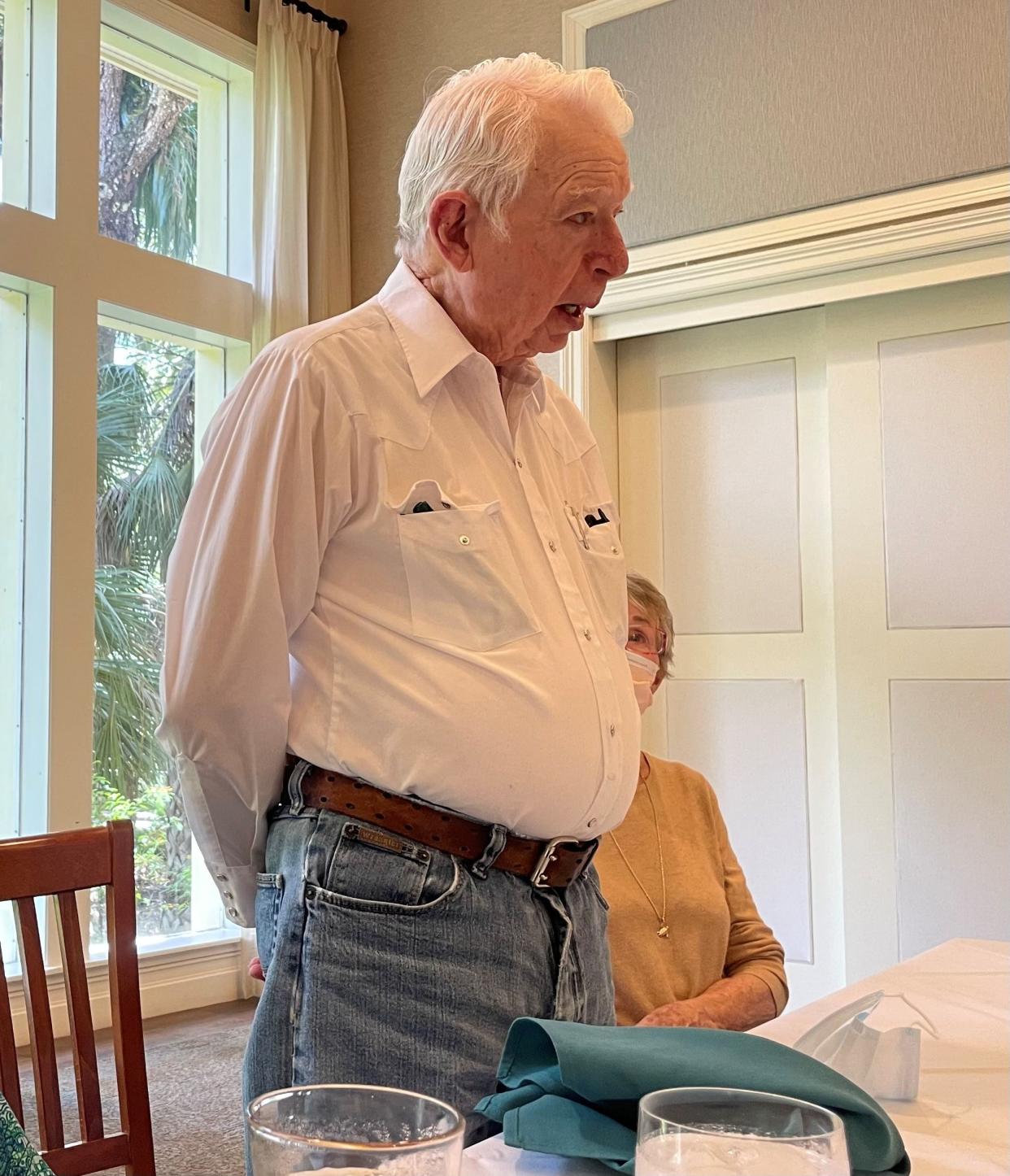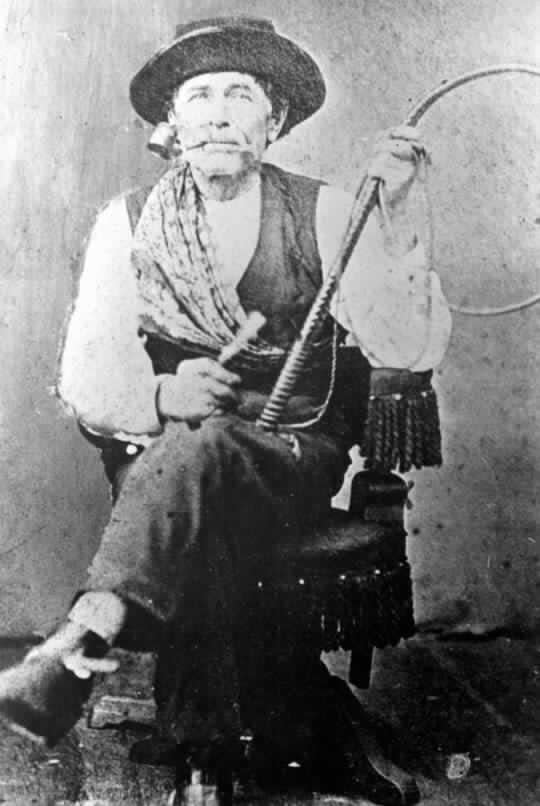Damn Yankees: Clearing up the origins of a mangled Cracker place name

I recently had the good fortune to meet Mr. Earl Miller, a fifth-generation cattleman, who’d come to speak to a book club that meets at Veranda in east Lee County, where he now lives. My hostess, Jane Cooper, knows I love Florida history, and thought I’d enjoy hearing him. She was right.
Mr. Miller’s life and times merit much more than a quick column, but before I get to work on a longer piece, I wanted to give you a little taste of what’s to come.
That afternoon, as we listened to Mr. Miller’s stories of the region’s early days, talk turned to accents – and Yankees.
“This is directed at you, Amy,” he said, turning toward me. “Obviously, the Northern ear has always had problems with Southern speech," he said. "Southerners even have trouble with Cracker speech. You don’t hear Cracker speech anymore and very little Southern. With World War II bringing people from all over the country ... and then the advent of television later has pretty much got us all speaking reasonably the same dialect.
“However, one of the worst examples of this misunderstanding is right here in Lee County,” he said. “There’s an area north of Cape Coral – and I’ve heard it on the television and I’ve read it several times in The News-Press called yucca – as in the plant –and pan – as in pots and pans: Yucca Pan.”
I knew exactly what he was talking about, and remembered a map I’d seen decades ago in The News-Press with a big scrub area in northern Cape Coral labeled that way. The region is now largely preserved: Lee County has 388 acres and the state has another 80,700 adjoining acres.
However, he said, “The correct name is euchre – as in the card game –and pens – as in cow pens, which it was.” So Euchre (pronounced "YOU-cur"), Pens is the correct name.
Once upon a time, Southwest Florida was a beef-on-the-hoof shipping hub. Free-ranging herds gathered from the northern part of the state were driven south to be loaded onto boats destined for Cuba or the Keys. They left from two major docks. Punta Rassa, near what’s now the Sanibel Causeway in south Lee County, was favored by Jacob Summerlin, the “King of the Crackers” for whom the road is named.
But there was another embarkation point to the north, in what’s now Cape Coral.

Mr. Miller explained: “At Harney Point, there was a cattle shipping facility. It probably never handled as many cattle as the Summerlin facility at Punta Rassa, but there were a lot of cattle shipped from Harney Point. The problem was, bringing cattle down from up the state, they needed a rest before they made the sea voyage to Key West of Cuba.”
More: Five things to know about Harney's Point
More: Fort Myers celebrates the election of 1885
Summerlin could let his cattle graze and recover from the drive in an area south of the Caloosahatchee, he said, but people shipping out of Charlotte Harbor at Harney Point had to use the land north of the river.
The challenge: "From north of Pine Island Road today all the way to the river (it) was marshy, wet, underwater in the rainy season and the southern headquarters of the salt marsh mosquito,” Mr. Miller said. “So Euchre Pens was located in a higher, drier area. The cattle were turned loose when they came down (and) they would comingle with local cattle, so when the transport got tied up at Harney Point, they had to be penned and sorted.”
There weren’t that many ships, so “The cow hunters may have had to sit there waiting on that transport for a week or more,” he said. “And they whiled away the time playing euchre, which was very popular for some reason. I guess they didn’t play poker because they didn’t have any money anyhow. But at any rate I wanted you to hear that,” he said, nodding in my direction.
Well, it wasn’t the first time I’d had to own up to a journalistic mangling of the name. Years ago, in a 2005 Tropicalia story about place names, a reporter labeled it as such, an understandable mistake, given that The News-Press’ own archive contains the following paragraph, which was repeated annually in our Newcomers and Visitors guides: "YUCCA PEN: Also called the Yucapan, this is a wild, undeveloped area in Cape Coral where people go out to shoot and drink in the wide open spaces. As the story goes, cattle ranchers used planted spiny yuccas there as natural cattle fences, which is how the area got its name."
Sounds plausible enough, doesn't it? But in truth, native-born, News-Press-owning family-descended retired writer Byron Stout later told me, the pass-along misspelling was thanks to a Yankee newspaperman who misunderstood - or misheard - the Cracker pronunciation of the word "euchre," which tracks exactly with what Mr. Miller said.
Actually, cattlemen didn't use spiky plants to hold their herds. They used wood fences -- pens sturdy enough to contain the cattle while their keepers relaxed and treated themselves to a few hands of the card game euchre, which is like bridge.
Some of the games must have been pretty high-stakes, at least according to the website of the Fred C. Babcock-Cecil M. Webb Wildlife Management Area, which now encompasses the old euchre pens.
"Herds of cattle were lost - or gained - during euchre," it reports. "A Northern reporter wrote a story about the game but misspelled it, calling it 'yucca.'"
That’s one reporter’s mistake I know better than to repeat.
This article originally appeared on Fort Myers News-Press: Damn Yankees: Clearing up the origins of a mangled Cracker place name

